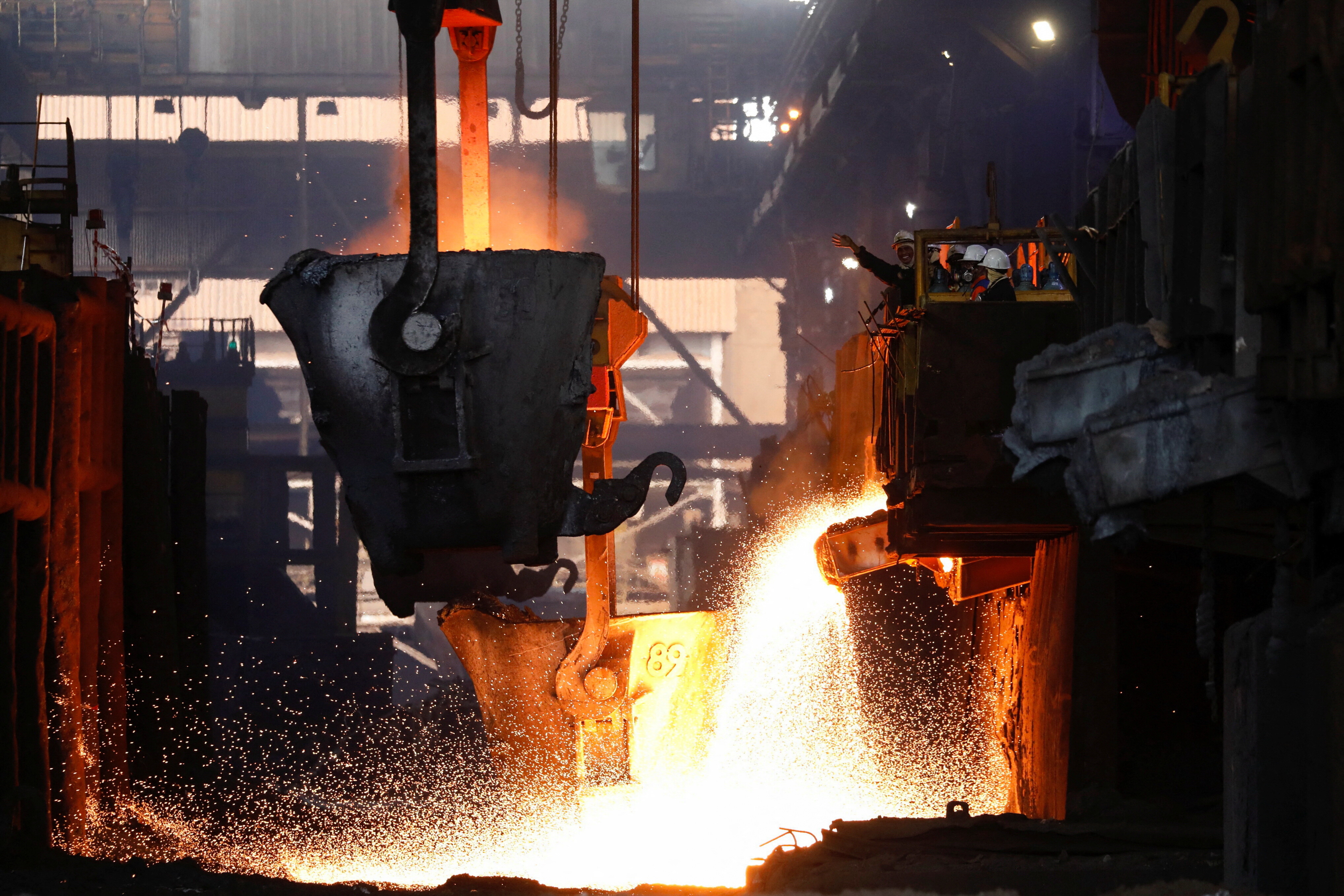Who has to work the longest to buy an iPhone?

How many hours must you work to buy a new iPhone? It varies dramatically around the world, reflecting disparities in productivity and purchasing power.
According to a report by UBS that aims to measure well-being by estimating how many minutes workers in various countries must work to afford either an iphone, a Big Mac, a kilo of bread or a kilo of rice, the average worker in Zurich or New York can buy an iPhone 6 in under three working days. In Kiev, by contrast, it would take 13 weeks (or 627 hours) to buy the same phone.
The report also shows how in Kenya it would take three hours of labour to buy a Big Mac, while in the United States, it would take just ten minutes. It only takes five minutes to earn enough to buy a kilo of rice in Zurich, while in Nairobi it would take 62 minutes.
Such differences show the variations in purchasing power, productivity and the local costs of ingredients.
To reach these conclusions, UBS completed a standardized survey on prices of 122 services and goods, and the earnings for 15 professions in 71 cities around the world. Over 68,000 data points were collected and included in the report’s calculations.
To compare the cities effectively, all prices and earnings were converted in local currencies to the US Dollar (USD). To minimize the effect of daily price fluctuations the researchers used average exchange rates from the data collection period, which was between March and end of April 2015.

Back in 1986 The Economist created the Big Mac Index to serve as a guide for comparing the real purchasing power of currencies around the world. The index is based on the theory of purchasing-power parity (PPP), and provides a test of the extent to which market exchange rates result in goods costing the same in different countries.
Author: José Santiago, Digital Content Specialist, Public Engagement, World Economic Forum
Image: Monks take pictures with an iPhone at Beijing Olympic park REUTERS/Stringer
Don't miss any update on this topic
Create a free account and access your personalized content collection with our latest publications and analyses.
License and Republishing
World Economic Forum articles may be republished in accordance with the Creative Commons Attribution-NonCommercial-NoDerivatives 4.0 International Public License, and in accordance with our Terms of Use.
The views expressed in this article are those of the author alone and not the World Economic Forum.
Stay up to date:
Future of Work
Forum Stories newsletter
Bringing you weekly curated insights and analysis on the global issues that matter.
More on Economic GrowthSee all
Khadijah Alkadi and Rayan Alamoudi
November 24, 2025







